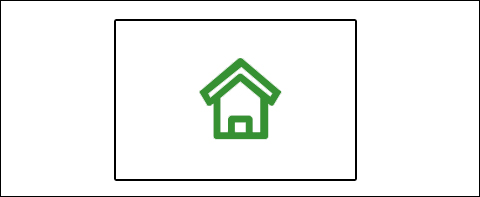Question about Registration of extension in Spain: We purchased a property in Alicante during 2003 that has an extension to the main dwelling. The extension has become a separate apartment that is not mentioned on the Purchase Deed (Escritura). We have spoken to the architect who oversaw the works and he has confirmed that it was not included on the Deed because, according to the Town Hall standards and the urban rules and laws, it was not a legal build and could not therefore have been included in the project or the licence. He has also confirmed that since 4 years have elapsed from the time of completion it is now perfectly legal. Could you please confirm if this is true, and what I should do now if anything?
Answer:
Dear reader,
Thank you for your query a registration of extension in Spain. According to the Law 16/2005 of December 30, of the Urban Valencia Community (LUV), at Article 238, breaches of serious urban works normally expire after four years, which run from the date of the violation and if this date is unknown, from the date that external signs shows the fact that the law has been violated.
When we talk about Registration of extension in Spain, we must remember that this period of 4 years does not apply where illegal construction has been carried out in green areas, roads, open spaces, spaces for public use, land or buildings belonging to the public or included in the General Inventory of Cultural Heritage of Valencia, rustic protected land. In such cases the administration could start a proceeding against this works at any time, even after the 4 years mentioned.
Thus if in your case the illegal construction work was not done in a way that could affect roads, green areas etc, then it would be right (as previously stated) to say that the administration will not be able to start a penalty process against you, because the passage of time. The property could then be registered at the Land Registry since over 4 years have passed and there are no proceedings against it.
Spanish courts decision
Spanish Court precedents states that in cases like yours, where an illegal construction was built (as per the information you have provided, without a licence and in breach of the applicable planning regulations) which barred the infringement it cannot be demolished and no disciplinary or legal proceedings can be initiated by law, then property will be considered as FUERA DE ORDENACIÓN.
The applicable law.
The Law (LUV) states in its Article 111 when referring to constructions fuera de ordenación that where the development is clearly incompatible with the relevant planning regulations (Planning), only mere conservation works will be authorised.
Conclusion about Registration of extension in Spain.
It is important to check if the Town Hall of your municipality has any specific regulations regarding the works allow to be done in the properties considered fuera de ordenacion, that may provide you with an indication as to what you can or cannot do in your case.
We can therefore say as per the above that as a general rule, in unauthorised constructions fuera de ordenacion only mere conservation works will be allowed and no works of consolidation, improvement, strengthening which can extend the life of the construction will be permitted. The underlying principle here is not to allow any type of work on the property that could extend its life since it is foreseen that this construction will disappear over the years.
It could also have implications in the case of a possible expropriation or compulsory purchase by the State, as the illegal works would reduce the amount of compensation the administration would be required to pay.
Another aspect to bear in mind is whether your property considered fuera de ordenacion complies with the current regulations for the purposes of obtaining a second occupation license ( i.e.: number of kitchens, height of the ceilings, etc); as if is does not, it would be difficult to obtain this license.
Should this be your case, or the case of someone you know, we will be more than pleased to assist you.
*The information provided on this article is not intended to be legal advice, but merely conveys general information related to legal issues.
White & Baos Abogados & English Solicitors
Tel: 966 426 185
